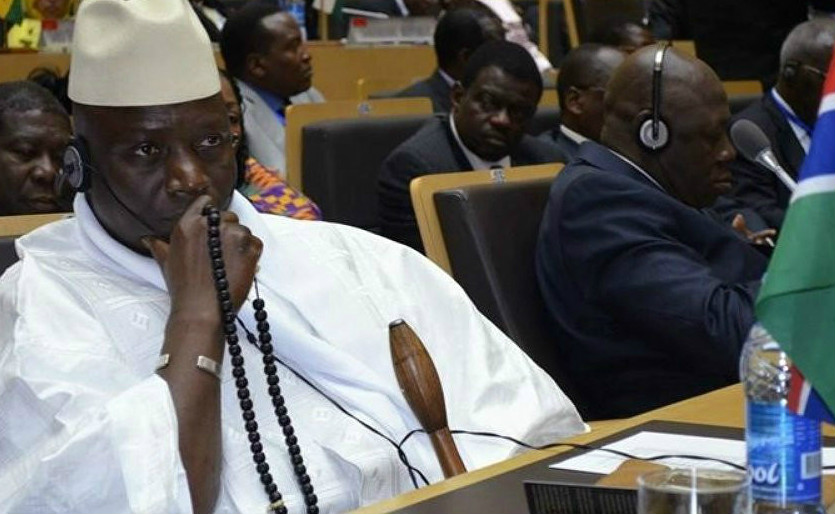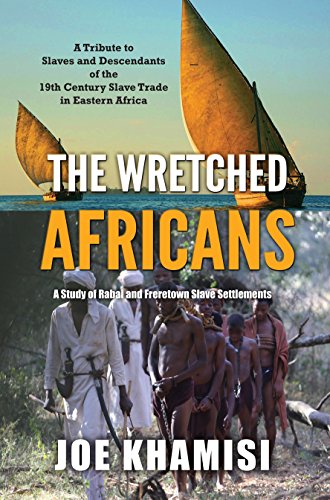Reuters photo
By
Joe Khamisi
Africa, it seems, has begun the long-talked about process of withdrawing from the International Criminal Court (ICC).
Last week, Burundi was the first country to declare serious plans to pull out of the 124-nation organization. For a country that has an illegitimate government and a devastatingly deplorable record of human rights abuses, that decision was not entirely surprising. And for good reasons.
The tiny eastern African country has been on the eye of the world Court since President Pierre Nkurunziza unleashed a wave of extra-judicial killings a year ago in an attempt to retain power for the third term against a promise he made to his people in 2005.
Street violence erupted and the African Union (AU) unreasonably blocked any moves to deploy international peace-keeping forces leaving the government there to butcher its people for months on end. Many were killed and thousands fled to refugee camps in neighboring countries.
That Burundi’s decision was a pre-emptive move to avoid criminal proceedings at The Hague against some known personalities is obvious. Only last month, the UN named a number of Burundians it claimed perpetrated the alleged atrocities and demanded accountability. With the proposed pull-out, Nkurunziza feels, rather irrationally, that he would be safe from any punitive action by the world Court. He may be wrong.
Nevertheless, Burundi’s action has opened a Pandora’s box. A few days after the Bujumbura Parliament endorsed the move, South Africa fired a letter to the UN Secretary General Ban Ki-moon expressing an interest to leave.
South Africa is, in many ways, the leader of the pack in the continent, and its shift away from the ICC – which a former South African Justice Richard Goldstone has described as “unfortunate on legal, moral and political grounds” – could trigger an exodus of African countries out of the Rome Statutes.
That proved to be somewhat true this Wednesday when the small West African country of Gambia joined the fray with President Yahya Jammeh charging that the ICC had become the “International Caucasian Court” because it only prosecuted people of color. The irony to be noted here is that the ICC’s abrasive Chief Prosecutor, Fatou Bensouda, is a citizen of Gambia and was once Jammeh’s adviser.
The push for a possible mass exit by African nations has been in the books at the AU headquarters in Addis Ababa, Ethiopia, since six Kenyans were indicted by the ICC for their alleged connection to the 2007/2008 post-election violence in the East African country. The six including President Uhuru Kenyatta and his deputy William Ruto were acquitted separately largely due to lack of evidence.
The ruling Jubilee Party in Kenya endorsed the country’s departure from the ICC as early as 2013, and in 2016, Parliament passed a Bill to sever ties with the Court, emboldening Uhuru to declare emphatically that no Kenyan will ever again follow “the Hague-route” in future. Since then authorities in Nairobi have maintained a grim silence over whether or not to move ahead with the decision. Last week, the President’s spokesman said the issue was still in the Cabinet. But this latest development could inspire Kenya to move ahead with speed.
There is already speculation that more African countries will leave for the same reason that the ICC is targeting only Africa leaving many other ‘bad’ countries to go scot free.
For the record, Nigeria, Ivory Coast, Senegal, Tunisia and the Democratic Republic of Congo, objected to a mass walk-out by African countries when it was proposed by among others Kenya during the AU Summit in July. They won that fight and are now advocating for reforms rather than a mass pull-out.
Unfortunately, the nascent AU-driven African Court of Justice and Human Rights which was created as Africa’s answer to the ICC has not made any progress to address the crucial issue of widespread political and social killings under dictatorial regimes in the continent. This leaves the ICC as the only overseer of serious human rights abuses.
However, until the year-long notices expire and the long process of withdrawal is complete, Burundi, South Africa and Gambia will still be subjected to watch-dogging by the ICC and will be held responsible for any actions that breach ICC rules.
Joe Khamisi
Joe Khamisi is a former journalist, diplomat and Member of Parliament. He is also the Author of ‘Politics of Betrayal:Diary of a Kenyan Legislator‘, a political memoir about the situation in Kenya between 2001, when the ruling party of President Daniel Arap Moi, the Kenya African National Union (KANU), merged with Raila Odinga’s National Development Party.
The book also narrates cases of corruption in Parliament and in the Media and records Senator Obama’s visit to Kenya in 2006. As a friend of Barack Obama Senior, the author also remembers the times and tragedies of the American-educated economist.
Joe Khamisi’s second book, a biography, ‘Dash Before Dusk’ is also now on sale.
Joe’s latest book is ‘The Wretched Africans: A Study of Rabai and Freretown Slave Settlements‘ which has recently been published and is now available to purchase.






No Comments Yet!
You can be first to comment this post!